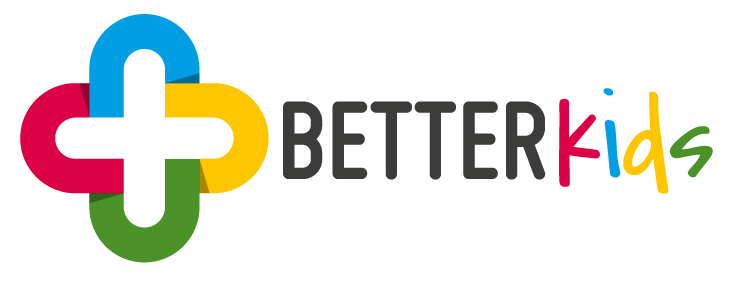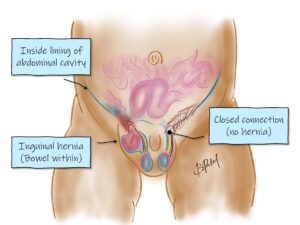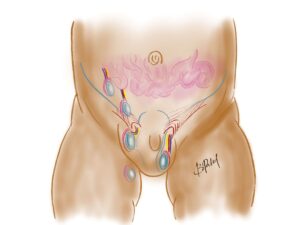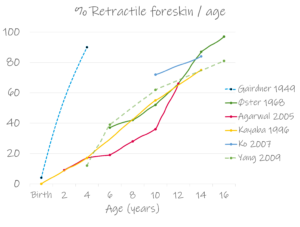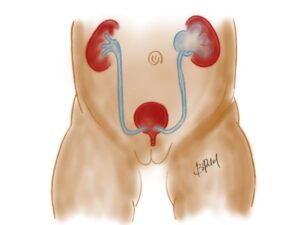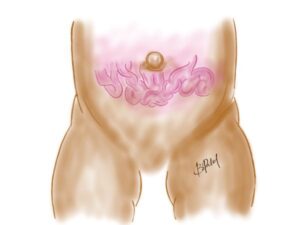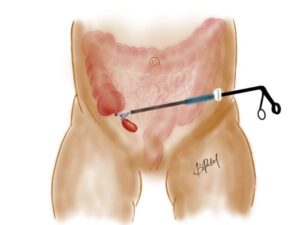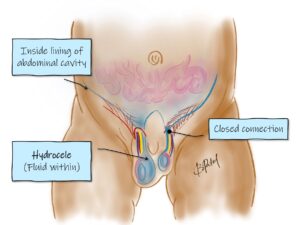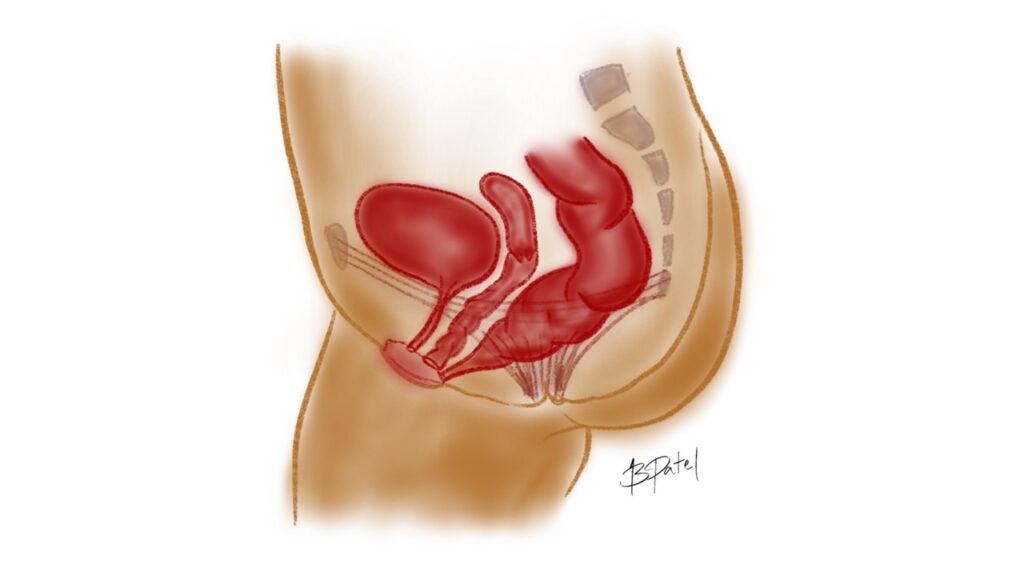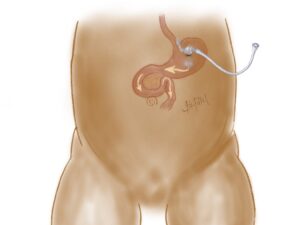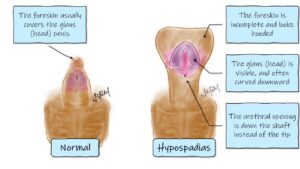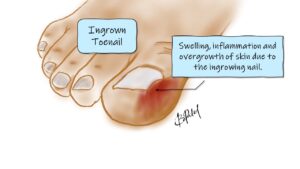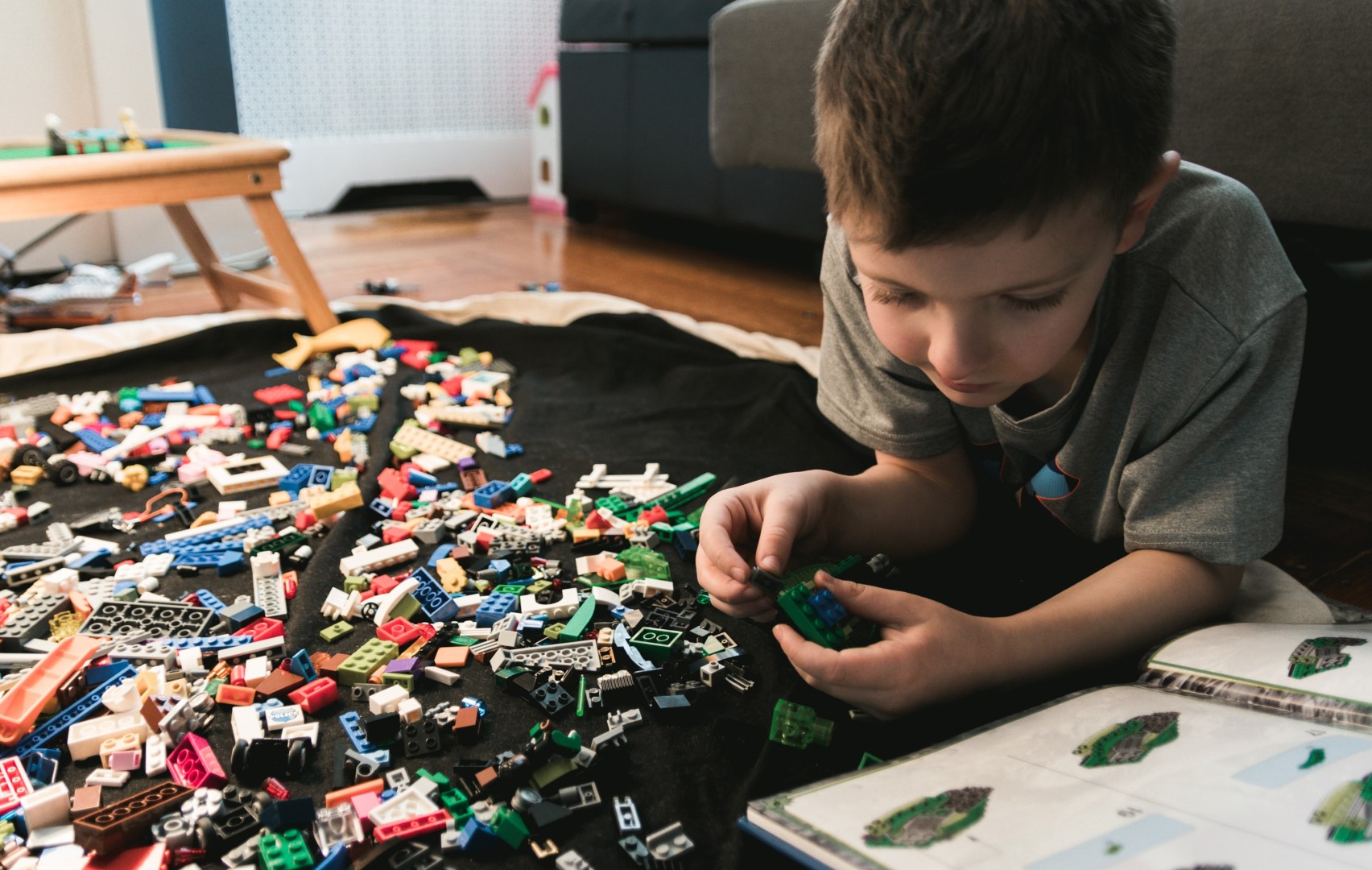Information on conditions
Paediatric surgery is the field of medicine that involves diagnosis and surgical management of various conditions in newborns, infants, toddlers, children and adolescents.
Range of conditions
There is often one main issue to be dealt with at the specialist appointment. A paediatric surgeon is a specialist for children who has extensive knowledge and experience with conditions that may require surgery.
Head and Neck
- Lumps, skin lesions
- Dermoid cysts
- Thyroglossal cysts
- Branchial cysts and sinuses
- Pre-auricular skin tags
- Pre-auricular sinuses
Chest
- Lung conditions, pneumothorax, empyema, tumours.
- Oesophageal conditions, atresia, reflux.
- Diaphragmatic hernia
Abdomen / Groin
- Our main specialty. We deal with almost every condition requiring surgery in the abdomen
- Gastrointestinal
- Abdominal pain
- Appendicitis
- Epigastric hernia
- Fundoplication
- Gastrostomy
- Stomas
- Umbilical Hernia
- Constipation surgery
- Anorectal malformation
- Hirschsprung disease
- Groin
- Circumcision
- Inguinal Hernia
- Hydrocele
- Undescended testicles
- Varicocele
- Hepatobiliary
- Liver, gallbladder
- Gallstones
- Hernia surgery
- Diaphragmatic hernia
- Hiatus hernia
- Epigastric hernia
- Femoral hernia
- Inguinal hernia
- Incisional hernia
- Umbilical hernia
- Urology
- Kidneys
- Bladder
- Hypospadias
- Enuresis (Wetting)
- Urinary tract infection (recurrent)
- Urine reflux (vesicoureteric reflux)
- Gynaecology
- Prepubertal conditions of the ovaries
Various other conditions
- Skin lesions
- Burns
- Ingrown toenails
- Vascular anomalies
- Haemangioma
- Central venous access – chemotherapy
What we do not treat
- Brain
- Ear / Nose / Throat
- Heart
- Spine
- Bones
Inguinal hernia
One of the most common surgical conditions in children. This is an overview of the condition, surgery and aftercare.
Undescended Testis
It is important for testes to sit in the correct position to allow growth and future function. This is an overview of the condition, surgery and aftercare.
Circumcision
There are many reasons for children to have circumcision. This overview will discuss conditions, phimosis, foreskin retraction, and the options for treatment, including circumcision.
Hydronephrosis / Pyeloplasty
The kidney sometimes becomes blocked or swollen. This video discusses hydronephrosis and pyeloplasty, the operation to repair this.
Umbilical hernia
Umbilical hernias are very common in babies, and often they resolve on their own after several months.
Appendicitis
Appendicitis is one of the most common surgical causes of abdominal pain in children. This video provides an overview of the condition and operation.
Hydrocele
This is fluid that tracks down to the scrotum next to the testicle.
Anorectal malformation
When the anus doesn’t form in the normal position.
Gastrostomy
A feeding device for your child.
Hypospadias
A condition where the urine does flow from the tip of the shaft.
Ingrown Toenails
The great toenail grows in to the skin, causing pain and swelling.
How to prepare your child for the appointment
It can be unsettling for a child to attend a doctors appointment. They can be worried about a procedure, pain or simply an unfamiliar situation. They might consider it a punishment especially if they are threatened with an injection for misbehaving.
Talk to your child
Tell them what the visit is about, and it will be safe to show the doctor what is going on.
Ask about what happens
Ask questions before the appointment, such as what causes pain, when, what it feels like, and other associated symptoms such as nausea or loss of appetite.
Assure them it is safe
It may be necessary for the doctor to examine the genital area. This will always be done in a safe environment in your presence. They need to know its okay.
Surgery and aftercare
Most procedures only require a day visit to hospital. You’ll be given a range of instructions and information about preparation and aftercare.
Before the operation
The anaesthetist will call you prior to the procedure to discuss the anaesthetic and give fasting instructions.
Ensure you have pain relief ready at home such as paracetamol and / or ibuprofen.
The day of the procedure
Bring loose, comfortable clothing, preferably without metal, such as zips and clips.
A favourite toy. blanket or book is useful for distraction.
Various check in procedures will be done, including health questionnaires and insurance details.
Look after yourself too
There are areas for you to wait during the procedure. Make sure you have something to do.
Tea and coffee is usually provided in the waiting areas, and there are cafes nearby.
Aftercare
You’ll be given full instructions on how to care for your child after the procedure.
They will likely be able to feed in recovery, and be given pain relief before going home.
Sutures are usually dissolvable, and the dressings can be removed after a week.
Showers and baths can usually be given the following day.
School / daycare can resume after 5-7 days, and sports after 2-3 weeks.
Experienced Surgeons
Over 25 years experience in paediatric surgery
Locations
Queensland and northern New South Wales
Appointments
Prioritised time for your child
Information
Conditions, procedures and aftercare
In the spirit of reconciliation we acknowledge the Traditional Custodians of country throughout Australia and their connections to land, sea and community. We pay our respect to their Elders past and present and extend that respect to all Aboriginal and Torres Strait Islander peoples.
